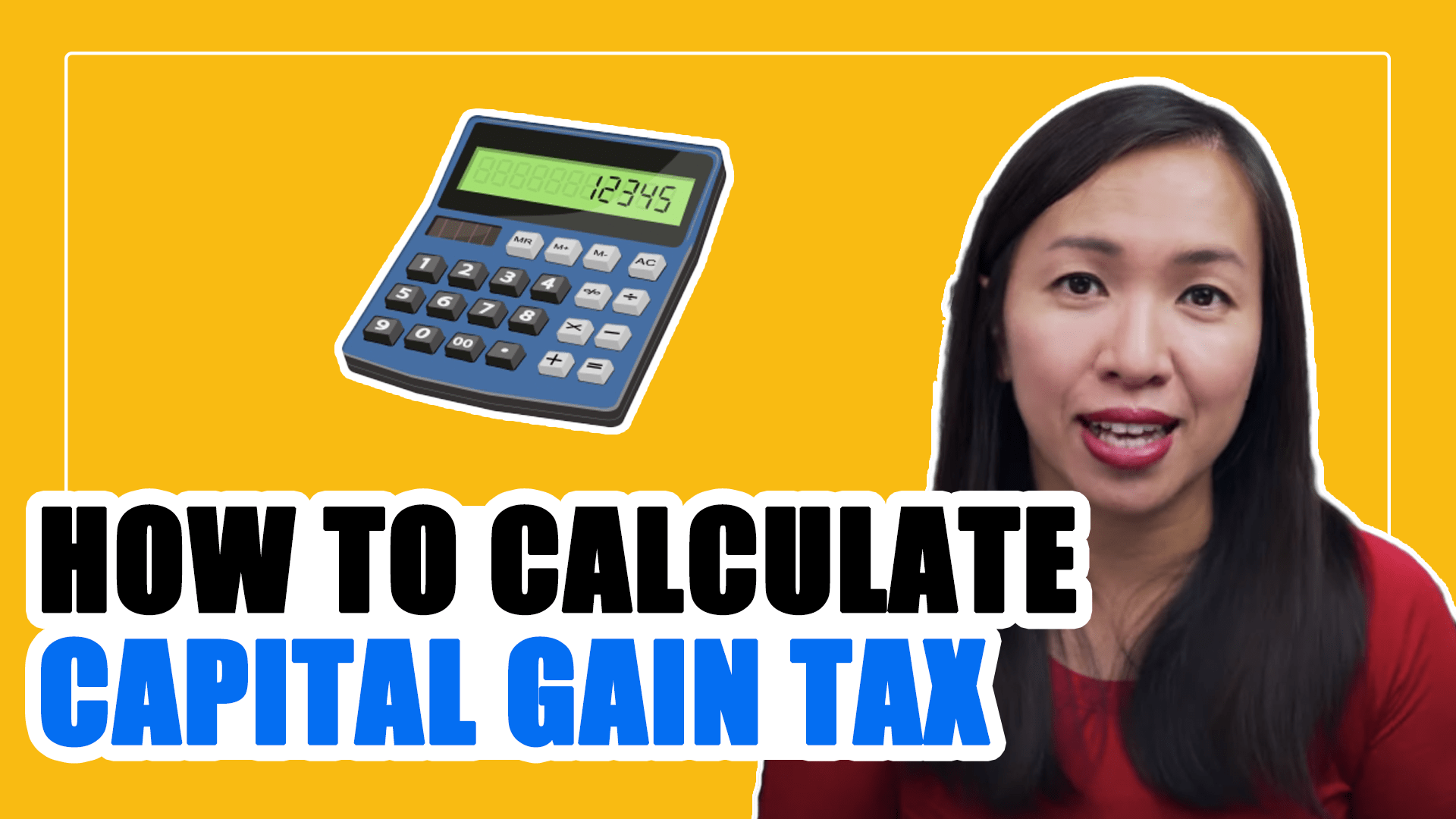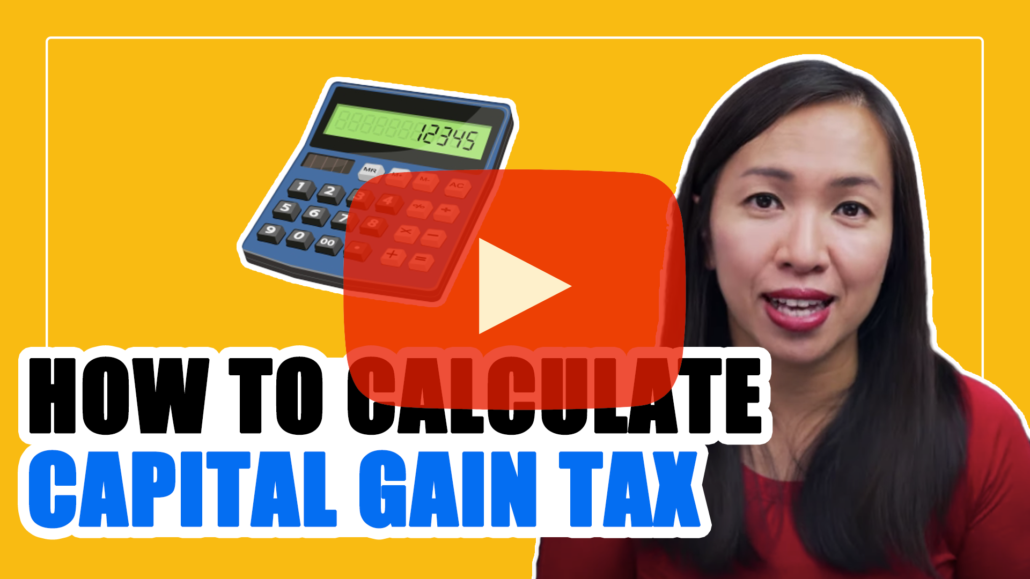For those of you selling their principal residence, you likely won’t have to pay any tax on your home, provided you meet certain conditions. For those of you who want to sell a rental, be prepared for rental property capital gains tax.
The Tax Man is often the most ignored partner in our business. He usually gets a big chunk of our return. But, there is still good news to be shared!
In Canada, only 50% of capital gain is taxable.
On top of the capital gain tax, you may also be required to pay tax on recapture.
As a real estate investor, you are allowed to claim any wear and tear on depreciating assets against the rental income that you earned. This is called capital cost allowance (CCA).
Capital cost allowance allows real estate investors to defer taxes on rental income. When you sell the rental property, that is the year that you have to take the CCA back as income, assuming you make money on the sale of your property.
This income is called recapture.
So, to simplify, there are two streams of income you would need to pay tax on: (1) capital gain and (2) recapture.
1. Rental Property Capital Gains Tax Calculator Canada
How would you make the calculations?
Say you purchased a property for $250,000 and rented it out. A few years later, you sell it for $850,000.
Capital gain = selling price – original purchasing price
= $850,000 – $250,000
= $600,000
As only 50% of capital gain is taxable, $300,000 would be taxable. Now, this would be added to your income. It is also subject to the marginal tax rate for the respective tax brackets you are in.
The highest marginal tax rate in Ontario is 53.5%. To give you a quick and dirty estimation of how much tax you would have to pay, you can simply use 50% as your tax rate.
Rental property capital gains tax = taxable capital gain x marginal tax rate
= $300,000 x 50%
= $150,000
Keep in mind that if you make less than $220,000, BEFORE you add in this $300,000 taxable capital gain, you will be subject to lower tax. $150,000 is MAXIMUM tax you would have to pay on the rental property capital gains.
What if you own the rental property in a corporation?
If you own the property in your corporation, the numbers would be pretty much the same. 50% of the capital gain is still taxable but the taxable part of a corporation accounts as passive income.
Passive income is taxed at slightly over 50%. Hence, we would apply the same calculation as above to give a rough estimate of how it would be calculated…
Capital Gain Tax on Property in Corporation = Capital Gain x 50% taxable x tax rate on passive income
= 600,000 x 50% x 50%
= 150,000
The 50% tax can be reduced to 20% by declaring a taxable dividend to its shareholders. You should have a discussion with your accountant to map out how you want to draw out the taxable dividends from the corporation to minimize the amount of taxes paid.
To sum it up, next time you want to calculate taxes when selling a rental property: take the gain and multiply it by 25%. This will give you a good idea of how much you could be paying rental property capital gains tax.
2. Recapture Tax
Using the same example as above. Say you purchase a property for $250,000. Assume 90% of the value belongs to the building and 10% of the value belongs to the land.
The CRA groups capital properties into classes. The class of your property determines its rate. Hence…
Capital cost of the building = 90% x $250,000 = $225,000.
CCA of the building= lower of sale proceeds x Class 1 CCA (assuming the property belongs to that class)
= $225,000 x 4%
= 9,000
You can claim this against your net rental income every year to defer the tax. The amount of claim is capped by the amount of net rental income you make from your portfolio.
How does Recapture Tax work when selling a rental property?
For those of you who are unfamiliar with the concept, it is a similar concept to that of RRSP. You deduct the contribution you make against your income. But you have to report them in your income the year you take it out.
Say year 1, you had $5,000 net income after deducting all the qualified expenses against the rental income.
You can take the lower of:
- $225,000 x 4% x ½ (first year only ½ is deductible) = $4,500
- $5,000
In this case, you can only deduct $4,500. But this also means that the year you sell your rental property, you will have to take this $4,500 into your income.
Now year 2, you have the same net income of $5,000.
You can again take the lower of:
- Only 4% on the undepreciated amount ($225,000 – $4,500) x 4% = $8,820
- $5,000
In year 2, you will take $5,000 of capital cost allowance as it’s the lower amount.
Finally in year 3, you decide to sell and it was sold for $850,000.
On top of the capital gain tax that you would have to pay, you are also required to take all the capital cost allowance into income.
In our example, you’ve taken $4,500 in year 1 and $5,000 in year 2, a total of $9,500.
You will have to take $9,500 into income.
Similar to the calculation of capital gain tax above, we use the highest marginal tax rate of 50% to estimate the tax.
Hence, tax payable on recapture is 50% x $9,500 = $4,750.
Total tax liability
= capital gain tax + recapture tax = $150,000 + $4,750 = $154,750.
Make sure you watch our YouTube video above to understand how you can potentially defer capital gain tax over 5 years. In our upcoming post I’ll be addressing 5 tips ….and some of the most common Q & A’s related to rental property capital gains tax as well!
Until next time, happy Canadian Real Estate Investing and enjoy fall!
Cherry Chan, CPA, CA
Your real estate accountant







Gil Nabong
Thanks
Very informative
When converting a primary address home to rental property,
what are the steps need to be considered? do you have a blog related
Thanks
Ian Folkes
Cherry, you mention in your blog about deferring capital gains from a property sale over 5 years in the video but I did not see it. Did I miss it or is it another video? Thanks and great job as always!